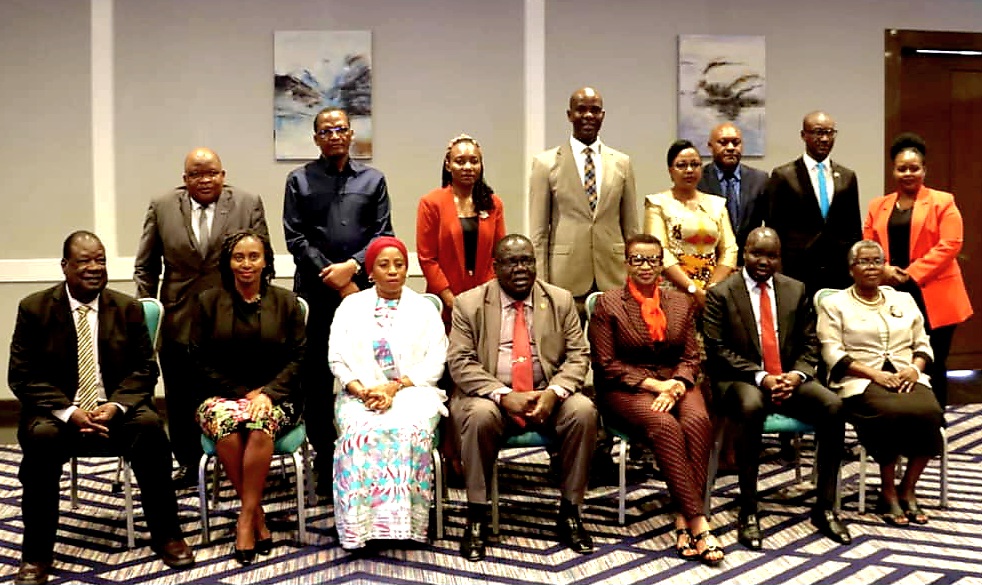The 24th Ordinary Meeting of the EAC Sectoral Council of Ministers of Health in Dar es Salaam, Tanzania, approved the 6-year EAC Cross-Border Health Advocacy and Communication Strategy (2024-2030).
This strategy aims to enhance the implementation of health directives and policies by improving communication between the EAC Secretariat and Partner States.
The strategy focuses on increasing advocacy, promoting visibility, and gaining the commitment of policy makers at the national level for cross-border health programs.
It also aims to strengthen partnerships at various levels for better accountability and transparency.
During the Ministerial Session, the Health Ministers emphasized the importance of using the strategy to raise awareness and support the implementation of the Sectoral Council’s decisions and directives. The strategy also highlights the need to enhance information sharing and knowledge dissemination to health policymakers and improve access to health services.
The five-day meeting also reviewed progress reports and guided previous decisions. The EAC Secretariat presented the 6th EAC Regional Health Scorecard in digital form, an innovative tool for monitoring progress. The Ministers approved this digital scorecard and directed the Secretariat to mobilize resources to support digital innovation and data governance.
Additionally, the EAC Non-Communicable Diseases (NCD) Strategic Framework 2024-2030 was discussed, with a goal to reduce premature mortality from NCDs by 20% by 2030. The Sectoral Council directed the dissemination and tracking of this framework’s implementation.
The meeting also addressed the institutionalization of the One Health approach, focusing on multi-sectoral collaboration within the EAC Secretariat and Partner States. The EAC Secretariat is set to establish a One Health Coordination Office and recruit a Senior One Health Expert.
Furthermore, Tanzania’s request to establish the EAC Regional Centre of Excellence in Transplant and Haematological Sciences was considered. The proposed center, to be hosted by Benjamin Mkapa Hospital in Dodoma, aims to reduce morbidity and mortality from hematological complications and improve health outcomes in the region.
During the opening session, Johnson Jumqa Okot, Chairperson of the Sectoral Council on Health, highlighted the challenges of disease outbreaks and climate change, urging collective efforts for strategy development and resource mobilization.
Andrea Aguer Ariik Malueth, EAC Deputy Secretary General, outlined key achievements, including the EAC Health Sector Strategic Plan 2024-2030 and efforts to strengthen health surveillance and resource mobilization.
Attendees included Health Ministers and representatives from Tanzania, Burundi, Rwanda, Uganda, and Kenya.


